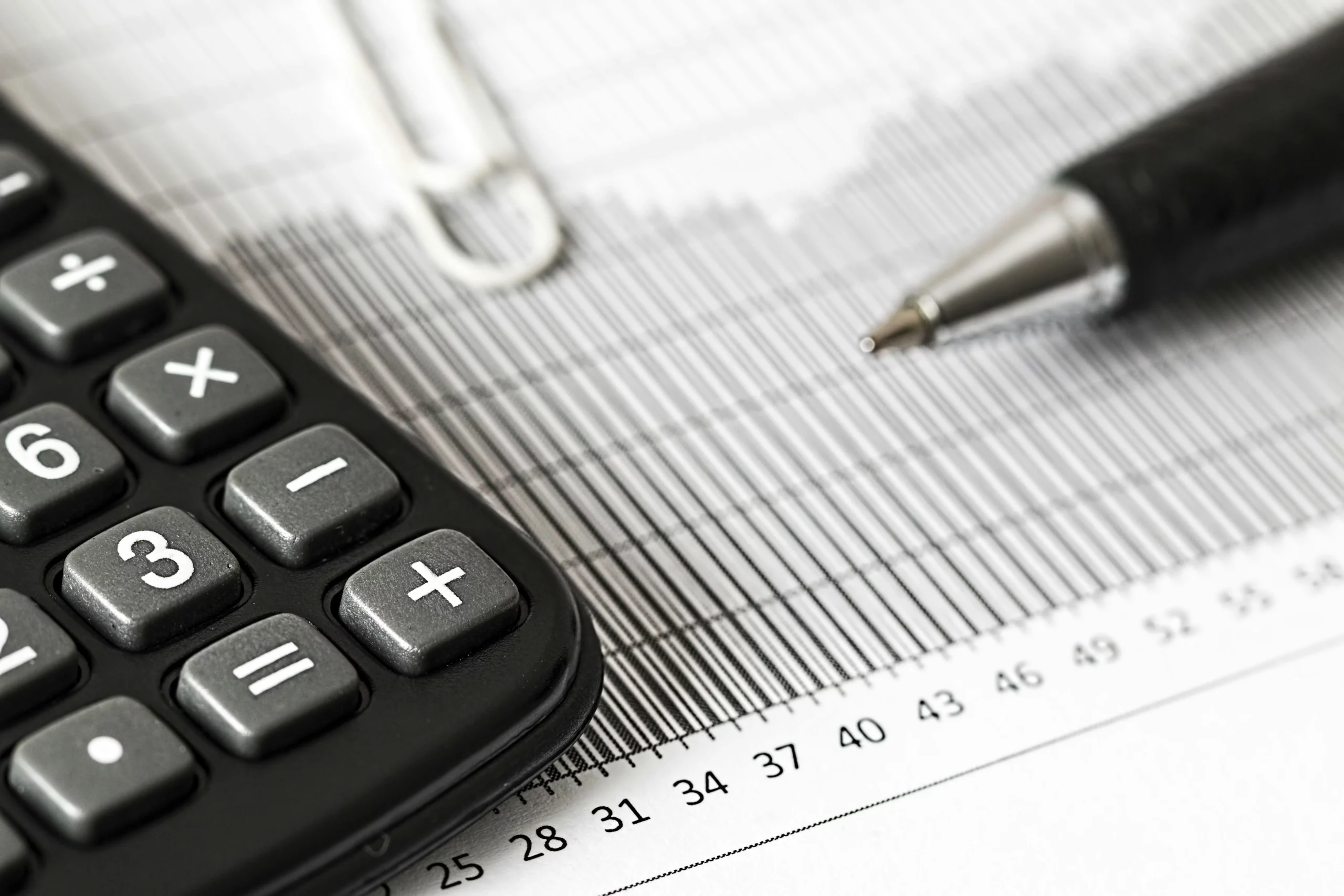
Make talent quality your leading analytic with skills-based hiring solution.

An electrician is a skilled tradesperson who specializes in installing, repairing, and maintaining electrical systems and equipment in buildings, homes, and other structures. They typically work with wiring, circuit breakers, lighting, and other electrical components to ensure that the electrical systems in a building are functioning safely and efficiently. Hiring a qualified electrician is necessary to ensure that your electrical work is done safely and to a high standard.
Make your interview process 3X efficient by asking the right questions for the electrician candidate. Read our blog to know how operational and situational, role-specific, and behavioral questions make a difference.
The roles and responsibilities of an electrician can vary depending on their specialization and the nature of the job. However, some general roles and responsibilities include:
An electrician should have a combination of technical skills, knowledge, and practical experience to perform their job effectively. Some of the skills and experiences an electrician should have include:
Here are some examples of operational and situational questions that could be asked in an electrician interview:
Here are some role-specific questions for an Electrician:
Here are some examples of behavioral questions that may be asked to an electrician:
Hiring a skilled and qualified electrician is crucial to ensure the safety and efficiency of your electrical systems. Asking the right questions during the interview process can help make it more efficient and effective in identifying the best candidate for the job. Operational and situational questions can test the candidate’s technical knowledge and problem-solving skills, while role-specific questions can assess their experience and expertise. Behavioral questions can provide insight into the candidate’s work ethics and professionalism.
By considering all these factors, you can hire the best electrician for your needs and ensure the quality of the electrical work.

Get a clear snapshot of how to screen the ideal candidate for your organization with this underwriter interview questions. Underwriter Interview Questions The task of underwriters is to review insurance applications and carry out risk analysis to assist the companies in determining whether to provide insurance to clients. Look for the contenders who hold financial […]

Are you looking a skilled contender for the profile of Tax Accountant? Try out these tax accountant interview questions that will ensure you make the right decision. Tax Accountant Interview Questions The task of tax accountant is to coordinate the payment of obligations as well as tax returns on a timely basis. Keeping track of […]

To select the right candidate for the post of Financial Analyst in your company, you need to prepare in advance. Discover the best and most important interview questions that will help you identify the skillful candidates. Financial Analyst Interview Questions Financial Analysts are recruited by banks, insurance firms, and other businesses. Their primary responsibility is […]